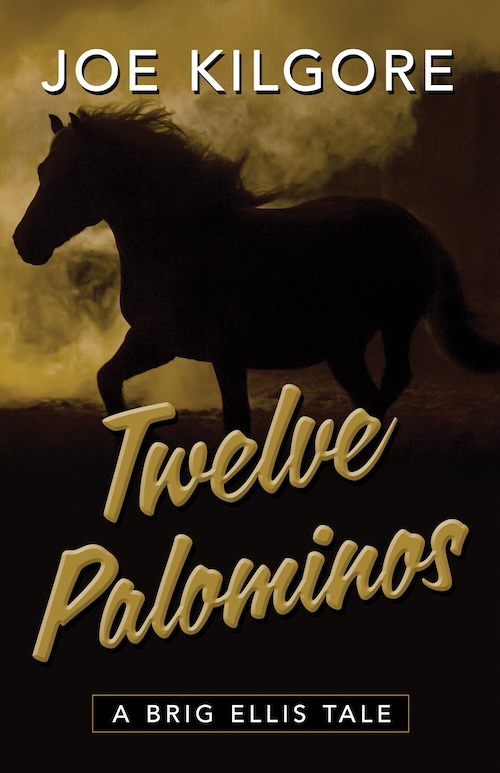Beyond Survival To Transcendence
James Dickey is perhaps best known for his novel (that became a highly respected and successful movie) Deliverance. The huge commercial success of Dickey’s story of four modern men who find themselves in a primitive test of survival, has overshadowed much of the writer’s other accomplishments. And while Deliverance certainly deserves its place in the minds and hearts of all those exposed to the book or film, I would make the case that it was only the beginning of the big questions the author explores in his last novel.
To The White Sea, published in 1993 (four years before the author’s death) is a searing exercise in self-examination that exceeds Deliverance in explorations of manhood, survival, even existence itself. As well as being an epic prose poem to wilderness. Not just the wilderness of mountains, plains, seas and forests. But also the wilderness of the soul.
The story line of To The White Sea is relatively straightforward. In World War II, a B-29 bomber gets shot down over Japan. Only the tail-gunner survives. Parachuting safely into the outskirts of Tokyo, he is only hours ahead of the fire-bombing that is about to come from the rest of his squadron. The remainder of “the plot” concerns itself with his struggle to survive. But to assume that Dickey’s novel is merely an adventure yarn, is a mistake of inestimable proportion.
James Dickey tells his story via the first-person narrative of the survivor, Muldrow. A man, we readers, only think we know at the beginning of the tale. Short in stature, we learn early on that he’s tall in skills. Raised in the Alaskan wilderness, Muldrow is expert in the ways of the wild. Hunting, escape and evasion, survival in harsh climates, plus the thinking, planning, and intuitiveness these skills require, are all part and parcel of Muldrow’s makeup that serve him well when he finds himself alone in Japan. A single man among a literal nation of enemies. But far larger questions loom on the horizon (for Muldrow and readers) than physical and practical ones.
It’s not that the physical tests aren’t severe. By turns Muldrow is forced to exist in sewer pipes, experience the white phosphorus horror of firebombs and their aftermath, endure the fear and terror of being caught and tortured, and more. But it’s the mental and moral tests that are perhaps the most challenging. What exactly will an individual do to survive? What is acceptable behavior, even in war? Is anything and everything justified when your life is at stake? And to whom do you have to justify it? Muldrow doesn’t ask himself these questions. We readers ask them as we’re exposed to the pages that unfold before us.
As he struggles to make his way from one end of Japan to the other, we share Muldrow’s memories and longings of the snow covered plains and forests of his Alaska home. The idyllic life in his mind juxtaposed with the horrific life he is forced to live on the run, provide dueling counterpoints that keep readers leaning one way, then the other in regard to whether the fleeing man is doing what any of us would do, or has passed beyond the bounds of humanity. Dickey has fashioned a strange fantasia. Both lyrical in its beauty and terrifying in its brutality. In the end we are even forced to question existence itself. What becomes of us when we have transcended virtually everything around us? Have we ascended to a higher order, or descended to depths we dare not fathom?
To The White Sea is a mighty work that’s as big and audacious as James Dickey was himself. The Fiction Fortune Hunter found it unforgettable. Perhaps you will too.
